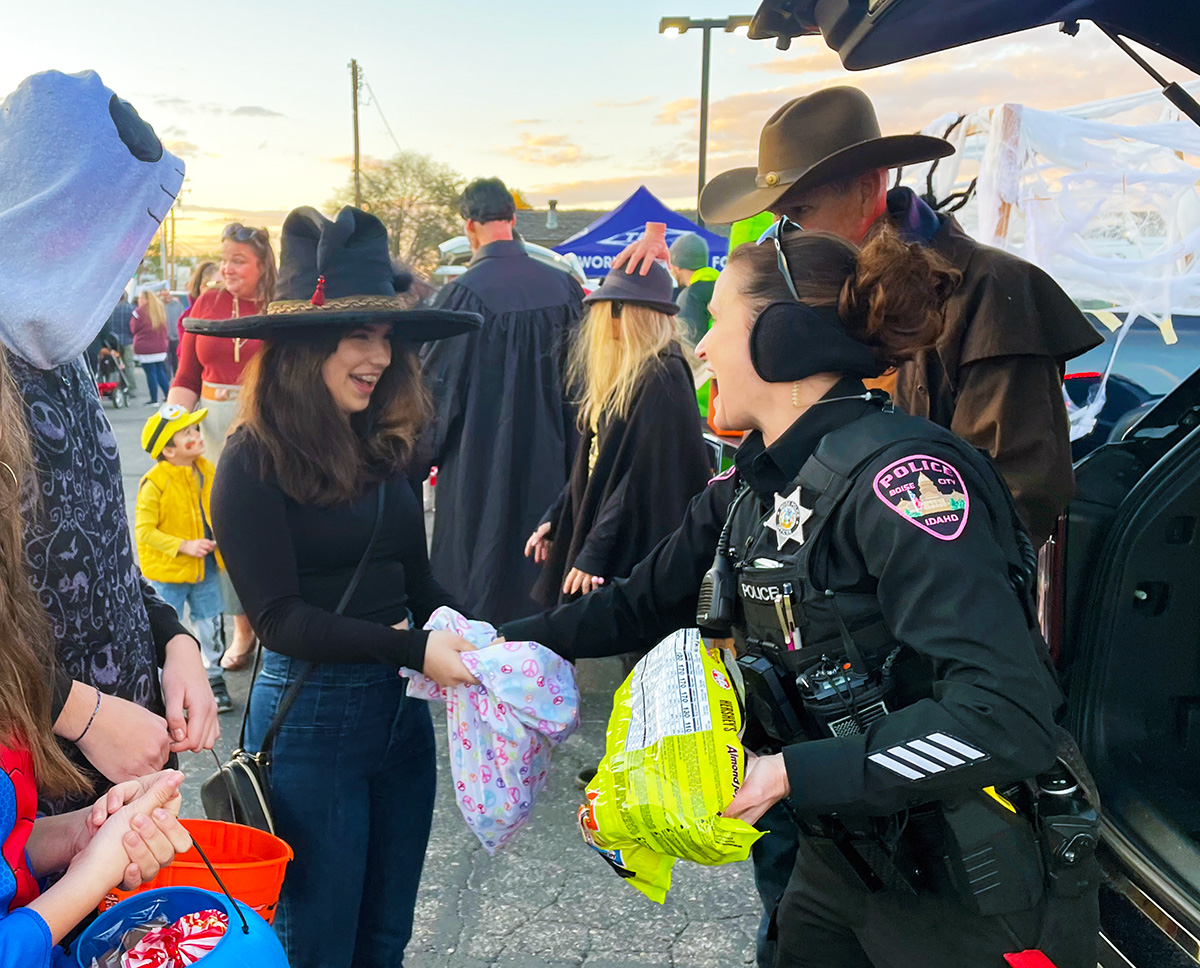







“This is exactly the record I want to put out. I don’t know what’s going to happen with it, but I can at least tell you that the one certainty I do have about this record, is I’m proud of it.” – Jordan Davis
To bring Jordan Davis to that admission has been a life’s journey. In stepping back with country music’s biggest stars to emerge in recent years of his latest album Bluebird Days, he tells not only the magic of a song like CMA Song of the Year “Buy Dirt,” but of the evolution of Jordan Davis the person, the songwriter, and the artist.
Sometimes, a popular song becomes more than just a hit—it turns into a phenomenon. And that’s what happened with “Buy Dirt,” Davis’ 2021 duet with Luke Bryan. It reached Number One on the Hot Country Songs chart and was one of the Top Five most streamed country songs in both 2021 and 2022. That kind of success brings expectations, but—as Davis discovered when he set to work on his follow-up album Bluebird Days—it can also lead to a new sense of possibility.
“There’s pressure, definitely,” he says. “It’s not about trying to recreate ‘Buy Dirt,’ but we can approach songs like we approached that one, and that’s to write something that people are going to feel, and not just hear.”
“I’ve settled into a really good headspace in writing songs, which is rooted in being honest—about past things that I’ve gone through, good or bad, and about some things that have kind of scared me about the future. So, the best thing for me is that ‘Buy Dirt’ opened up a whole other lane of songs that I think people can really connect with.”
With Bluebird Days (Davis’ second full-length album, following 2018’s Home State, which included the Platinum-selling No. 1 hits “Singles You Up,” “Take It from Me,” and “Slow Dance in a Parking Lot;” he’s also released two EPs), the Shreveport, Louisiana-born singer-songwriter digs deep into his own experiences for a collection that offers a wide range of emotions, meditations, and memories, matched by his signature sound, blending traditional and contemporary genres and styles. With a young family and a career that’s rapidly on the rise, he was still surprised to see the depth that this material was reaching.
“As you start writing for a record, you’re kind of stockpiling songs and at some point, you go back and take inventory,” he says. “As I started looking back on the songs I’d written, I was like, ‘Wow, I really wrote about that’ or ‘I showed that side that I never had.’ There’s a song called ‘Short Fuse’ that’s about a temper that I have. A lot of people don’t see that, and unfortunately, the people that do see it are the people I’m closest to, and it’s a song about me trying to change that.”
The title track examines his life as a child of divorced parents. While initially nervous to put the song on the record, he reflects that ultimately, “I know a lot of people are going to connect with that and go, ‘Man, I feel the exact same way.’”
He points to “Fishing Spot” as an especially personal moment on Bluebird Days. “I bought a fishing boat—that was, like, the biggest purchase I’ve made,” he says. “It’s very unassuming, it’s nothing special at all. But I fell in love with fishing because of my grandfather. And I remember that first day thinking, ‘This is cool, man—I got this boat, and one day me and my son and my daughter can come fish,’ and then an overwhelming sadness came over me.”
“I think it’s just that it was kind of a pipe dream,” he continues. “We didn’t grow up with a ton of money, so the idea of having a boat and being able to go out and do whatever at this point in my life was just kind of crazy. I did a lot of talking to my grandfather out there that day, and that’s definitely one song that comes from a very real place.”
For the first time, Davis included two songs that he didn’t have a hand in writing—although, with “Money Isn’t Real,” it wasn’t for lack of effort. “I’d been trying to write a song called ‘When the Money Runs Out,’” he says. “I’d started it, thrown it away, restarted, and it was terrible. But I wanted to touch on how my relationship with money was not good. I truly thought that the more that I had, the less problems I would have, and that’s not true at all. It can make things easier, but it is not a problem solver. And the way these writers did it was brilliant, exactly what I was trying to say.”
Davis thinks it’s no accident that he recorded this album almost exactly ten years after he moved to Nashville to take his shot at a music career, with all the reflection that anniversary stirred up. “I was working a bartending gig that I really wasn’t super happy about,” he says, “but it was keeping me in Nashville so that I could wake up at eight o’clock—after getting home at 1:30—go write a song for five hours and then go right back to the bar and wash, rinse, repeat. If I were to go back and tell that guy, ‘Hey, man, in ten years, you’re gonna have a pretty successful touring schedule, you’re gonna have four or five Number Ones, and you’re gonna have a CMA Song of the Year that you co-wrote with your brother?’ I would just say ‘Thanks for the optimism, I appreciate it, but that’s not happening— you’re crazy.’”
“So, I look back and think about how fortunate I’ve been to meet the people I’ve met, to get to write songs with the people I get to write songs with. Every once in a while, you need a ball to bounce your way, and I was blessed to get some of those bounces.”
As serious as some of the themes on Bluebird Days are, this sense of joy also shines through on songs like “Damn Good Time” and “One Beer in Front of the Other.” Davis notes that “Tucson Too Late” is probably the most traditional country song he’s ever recorded (“There’s not many songs I’ve put out narrating somebody else’s story”), comparing it to Keith Whitley’s classic “Miami, My Amy.” He credits the album’s daring, exciting sonics to producer Paul DiGiovanni—”I truly let Paul run wild; he’s the best in town. I trust him and that belief hasn’t let us down yet.”
To Davis, there was one overarching ambition for the project. “The big thing for me was to show my growth,” he says. “Growth in shows, growth in the songwriting, growth in the topics we’re touching on. I really wanted to show how I’ve changed as an artist and a songwriter, for the better, than on my first album.” And he credits much of that determination to the example of artists with whom he’s been fortunate enough to work and tour.
“Luke Bryan, Kane Brown, Luke Combs—those guys know exactly what they do, who they want to be, what they want to say,” he says. “You don’t have a career like Luke Bryan’s without saying, ‘Hey, this is me, this is what I do.’ That’s what I take away from those guys, to be confident in who you are and what you do.”
Davis draws on that confidence to take a major step forward, allowing all the ways he’s challenged himself to give him a greater sense of certainty and conviction. “There are a lot of things I can’t control,” he says, “but I can control the records I make, and I want to know that I did everything possible to make the best music I could. So far, I feel sure that I’ve done that.”
Now with Bluebird Days, Davis can undoubtedly say, “This is exactly the record I want to put out. I don’t know what’s going to happen with it, but I can at least tell you that the one certainty I do have about this record, is I’m proud of it.”





